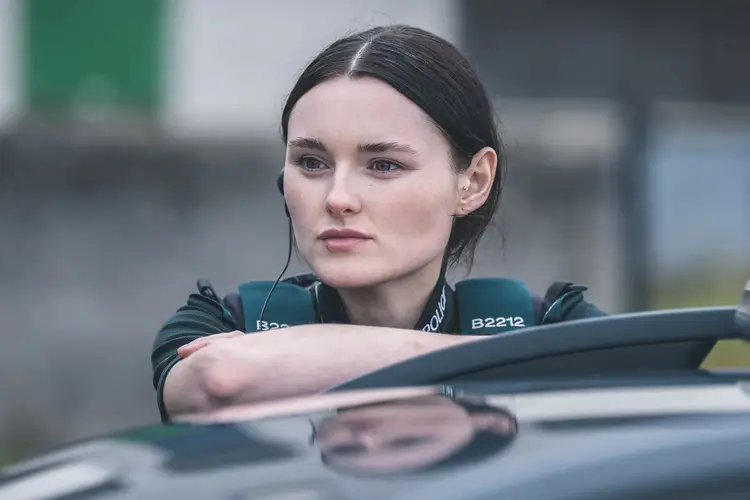Blue Lights series 2 is first rate but generic – review

Sign Up For Real-Time Breaking News Alerts In Your Inbox!
"Get Free Breaking News Emails - Sign Up Now!"
There are individuals who think that they can give first aid in critical situations just by watching a medical TV drama. Similarly, some individuals who are fond of cooking shows like The Bear believe that they can run a high-end kitchen. However, none of these professions have occupied as much attention from casual observers as the police work. Blue Lights, the television series set in Belfast by BBC, has recognized this and takes its viewers on a journey with a group of inexperienced police recruits by starting from the very beginning.

After a year from the first series of Blue Lights, our three main characters are no longer newcomers to the scene. Grace and Annie are now roommates and working through difficult professional relationships. Tommy, on the other hand, is experiencing his own romantic situation by casually meeting Aisling for breakfast at a rest stop between Belfast and Derry. However, despite the seemingly romantic context, the city is facing an increase in drug offences along with the resurgence of violence between loyalist groups. With the police force already overwhelmed, it begs the question: will the uneasy peace in Belfast crumble?
Lee, the owner of The Loyal Pub, starts a turf war in the town which causes chaos for everyone around. The situation becomes complicated and difficult to understand as the violence between the gangs escalates. The police are called in many times to handle the dangerous situation. The senior officer warns the officers to avoid starting something that they cannot handle, but also encourages them to not hold back. Martin McCann's character, Stevie, finds the instructions confusing and unclear.
While Line of Duty was set in an anonymous city, Blue Lights focuses on the unique character of Belfast and Northern Ireland. The show captures the ongoing struggles of a city still divided by its past. Funeral processions are led by marching bands and the legacy of the late-20th century remains present. The impact of the region's violent history spans generations, with memories of past losses haunting the elderly, adults trying to navigate the present, and children facing uncertain futures. It's a stark portrayal, but one that sets Blue Lights apart from other shows like Incognitoville.
Despite this fact, it can be exhausting to see so many crime dramas on British television when disorganized crime is prevalent on the streets. Blue Lights focuses on the protagonists stopping protection rackets, preventing assassinations, and investigating gangland violence instead of addressing issues like teenagers harassing a store employee. Mags, the co-owner of the pub at the center of the conflicts, warns that war will ensue. The stakes are elevated to fulfill the expectations of modern cop dramas.
Sometimes it seems like all these TV shows - like The Responder, Bloodlands, The Fall, and The Tower - exist in a parallel universe. They may have different styles and settings, but they still share a world that relies on a simplistic moral binary of good vs. bad. While there may be some gray areas where the police engage in questionable behavior, there's always a clear line between the cops and the robbers. That's why the first season of Blue Lights stayed away from the complex issue of sectarian violence that exists in real life. Happy (Paddy Jenkins) explains to newly qualified solicitor Jen (Hannah McClean) that people here are still afraid of the truth even after all these years. It's hard not to think that Blue Lights could be a more groundbreaking show if it didn't rely so much on tired clichés.
When it comes to typical TV shows, Blue Lights is top-notch. The acting and writing are outstanding, and Brooke, in particular, is an amazing main character. While the storyline may not be compelling enough to draw in new viewers, it certainly delivers for those who are already devoted to Grace, Annie, and Tommy's growth as police officers. However, in a genre that's in need of new and innovative concepts, it's necessary to put in more effort to set yourself apart.

















































